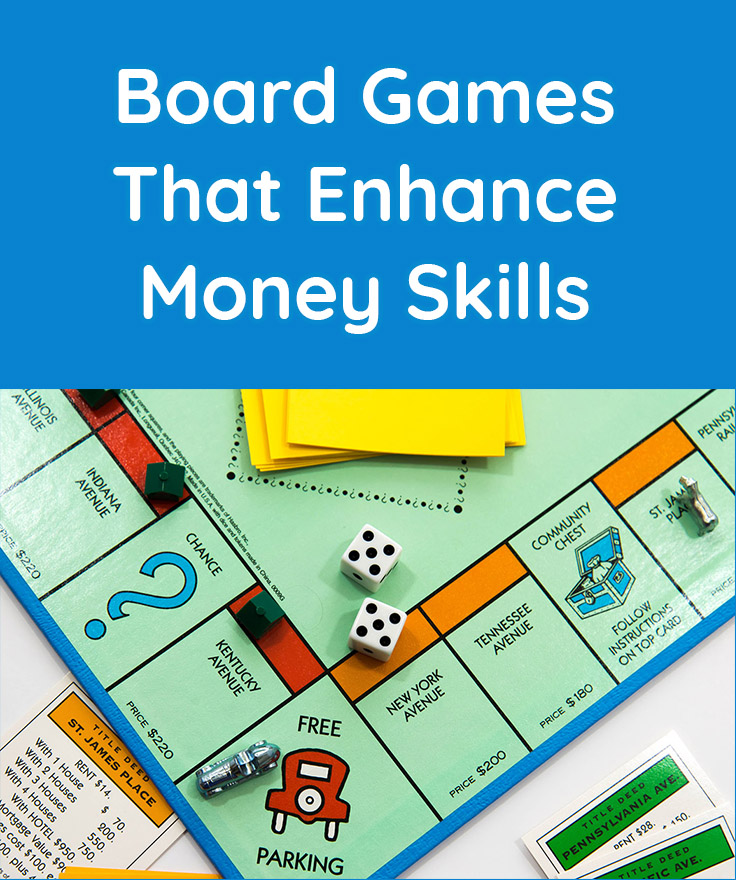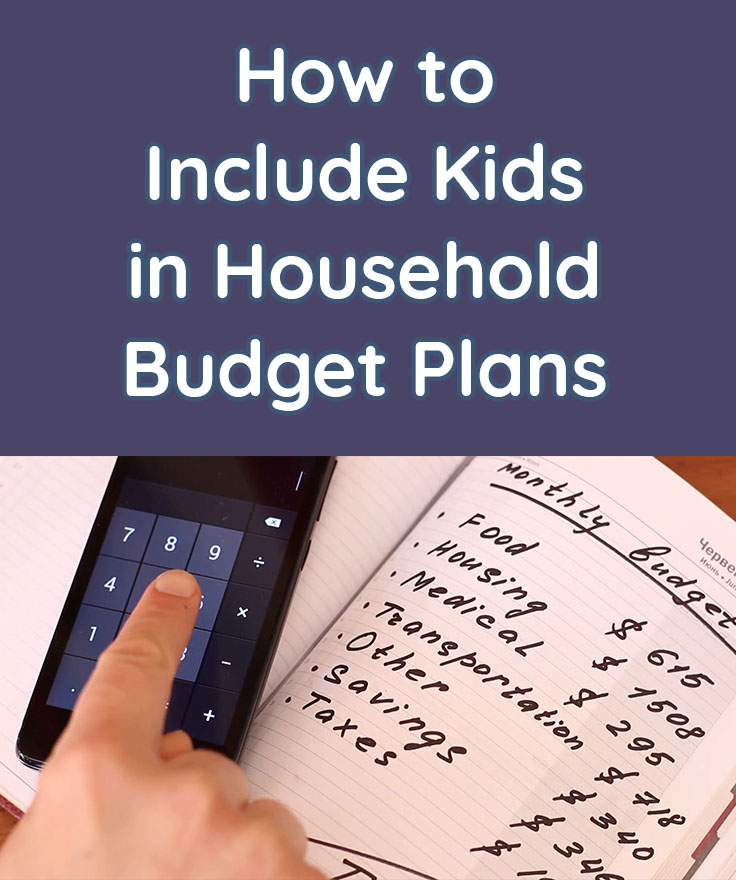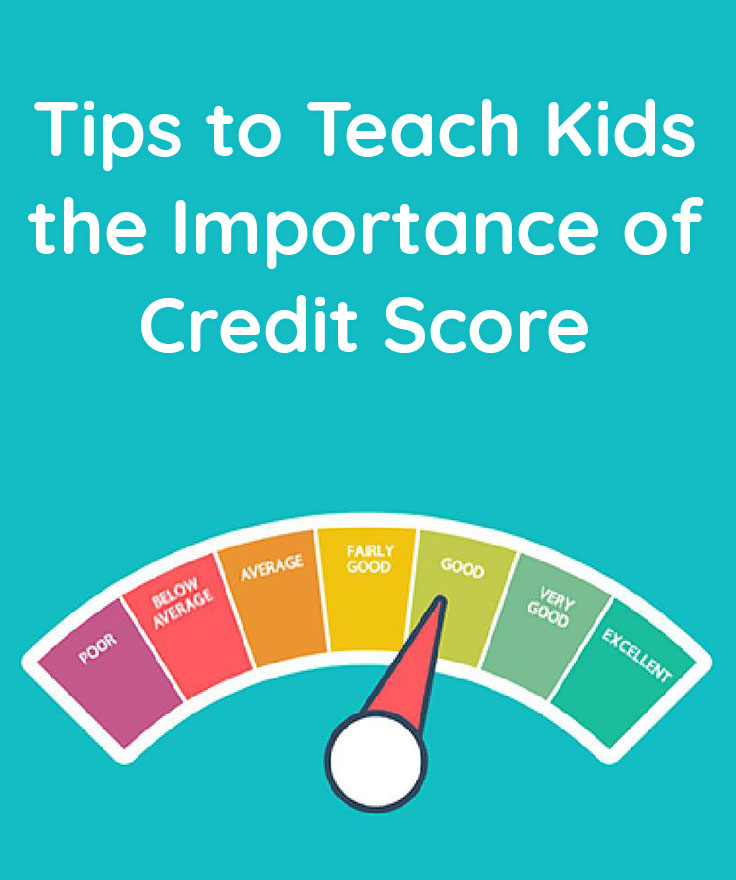finlit Archives - Homey App for Families
Board Games That Enhance Money Skills
 Developing a confidence in financial skills within your children is not be completed overnight. This concept of teaching kids to be good with money, so that they learn to be financially savvy is a work in progress through all of their childhood. With that being said, there are many ways we can work with kids to help enhance their money skills. To have some fun with kids while educating them on money matters, you can try a board game night. There many board games on the market that enhance money skills, here are just a few ideas for family board game night that will help enhance your kid’s money skills.
Developing a confidence in financial skills within your children is not be completed overnight. This concept of teaching kids to be good with money, so that they learn to be financially savvy is a work in progress through all of their childhood. With that being said, there are many ways we can work with kids to help enhance their money skills. To have some fun with kids while educating them on money matters, you can try a board game night. There many board games on the market that enhance money skills, here are just a few ideas for family board game night that will help enhance your kid’s money skills.
How to Include Kids in Household Budget Plans
 You may have grown up in a household where kids were not a part of the everyday budget planning. Back in the day parents were more private about financial matters, but I’ve found that involving kids at an age-appropriate level with household budget plans helps them become financially savvy adults. While I’m not telling you to divulge all your household finances, perhaps there’s a middle ground where you can include kids in the household budget plans. Today we’re sharing some tips on how you can include the kids in this process so that they have stronger comprehension skills when it comes to money management.
You may have grown up in a household where kids were not a part of the everyday budget planning. Back in the day parents were more private about financial matters, but I’ve found that involving kids at an age-appropriate level with household budget plans helps them become financially savvy adults. While I’m not telling you to divulge all your household finances, perhaps there’s a middle ground where you can include kids in the household budget plans. Today we’re sharing some tips on how you can include the kids in this process so that they have stronger comprehension skills when it comes to money management.
Tips to Teach Kids the Importance of Credit Score

The role of a parent is to teach their kids valuable skills such as manners, social etiquette and smaller tasks like tying their shoelaces or brushing their teeth. A parent’s job is never ending but oh so rewarding. But, one of the areas that many parents neglect to focus on is teaching their kid the importance of a credit score. Your kid may think a credit score is just another number that doesn’t matter or they have no idea what a credit score is. This all depends upon how involved with the finances your kids have been. Today I want to give you some tips on how to teach kids the importance of a credit score.
Hands-on Money Teaching Tips for Parents
 Teaching your kids about money is no easy feat.
Teaching your kids about money is no easy feat.
In addition, many of us parents themselves aren’t that great with money to being with. However, teaching basic skills like tracking spending, budgeting for purchases, and saving for long term goals and emergencies doesn’t have to go into much theoretical details. Learning can be practical and hands-on.
Today I’m sharing a few tips on how parents can use hands-on money teaching concepts to encourage kids to be financially savvy.
How to Teach Kids about Interest
 Teaching kids about interest with bank accounts and saving money isn’t easy. This is something that may work best in visual, hands-on approach.
Teaching kids about interest with bank accounts and saving money isn’t easy. This is something that may work best in visual, hands-on approach.
Today we are sharing a few tips on how you can work to teach your kids about interest. It’s important kids learn how to be responsible with money and how to invest it properly into a savings account or, as they get older, a retirement fund.
Here’s our advice to get you started in the direction of teaching kids about interest.
